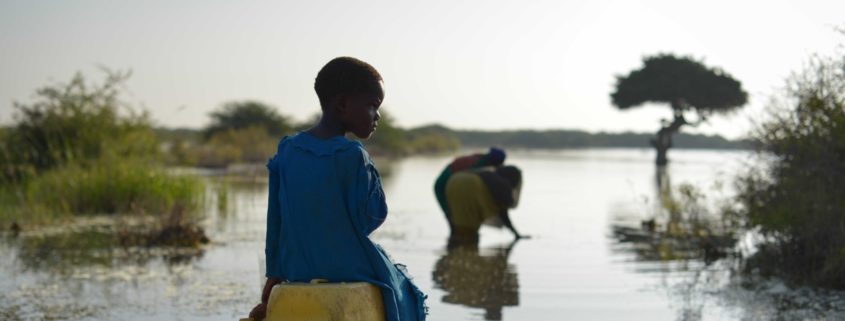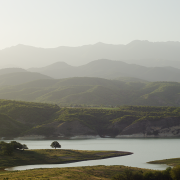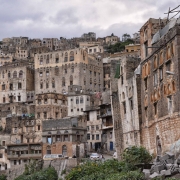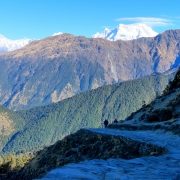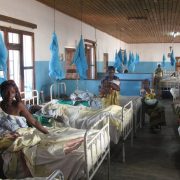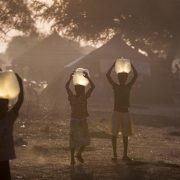The Stream, September 5: Global HotSpots Edition
The Global Rundown
Over 180 million people around the world lack clean water due to conflict, according to UN estimates. Thousands of Rohingya Muslims are in need of water and other aid as violent fighting drives them from their homes in Myanmar. A hospital in Gorakhpur, India is under fire after the death of 42 children in two days, which hospital officials claim is linked to encephalitis, a disease spread during monsoon rains. The World Bank advises that tackling water scarcity in the Middle East will boost stability and growth. War refugees who have returned to Kabul, Afghanistan face limited water access. A 40-year dispute over water rights in Washington State’s Yakima Valley is drawing to a close.
“As the current conflict and migration crisis unfolding in the Middle East and North Africa shows, failure to address water challenges can have severe impacts on people’s well-being and political stability.” –World Bank report, in reference to water scarcity throughout MENA. The World Bank urged that improving water access would boost stability and economic growth in the region. MENA loses an estimated $21 billion per year due to inadequate water and sanitation. Reuters
By The Numbers
386 Number of children who died at Baba Raghav Das Hospital in Gorakhpur, India during the month of August, compared to 193 in July. Hospital officials claim that the increase in deaths is from encephalitis, a mosquito-transmitted disease that spreads easily when stagnant monsoon waters turn into mosquito breeding grounds. Despite this explanation, the hospital has come under intense scrutiny as children continue to die at an unprecedented rate. Al Jazeera
18,445 Number of Rohingya Muslims who have registered in Bangladesh following clashes in northern Myanmar. Rohingya insurgents attacked government security forces last week, forcing thousands to flee to neighboring Bangladesh. Many refugees lack adequate food, water, and shelter. Water shortages in both Myanmar and Bangladesh could become more pronounced as the instability continues. Reuters
Science, Studies, And Reports
More than 180 million people in conflict-affected countries do not have access to clean drinking water, according to a report by UNICEF. People living in fragile situations are four times as likely to lack basic water and sanitation services. UNICEF named Nigeria, South Sudan, Syria, and Yemen as countries with particularly dire water situations. UNICEF
On The Radar
A costly legal battle over water rights in Yakima Valley, Washington is coming to a close after years of adjudication. The dispute began during a 1977 drought, when the number of water claims outstripped the available water supply. Forty years later, a cooperative system has been established which officials believe could serve as a model to other Western basins grappling with water-sharing issues. Yakima Herald
In Kabul, Afghanistan, clean water is largely reserved for the rich, who buy trucked-in water from surrounding sources. The rest of the city’s 5 million inhabitants, many of whom are war refugees, struggle to find reliable sources of clean water. Wells keep drying up, and aid from places such as UNICEF and WHO has ended, forcing residents to wait on slow governmental processes to improve infrastructure. The Washington Post
Kayla Ritter is a recent graduate of Michigan State University, where she studied International Relations and Teaching English to Speakers of Other Languages. She is currently based in Manton, Michigan. Kayla enjoys running, writing, and traveling. Contact Kayla Ritter

